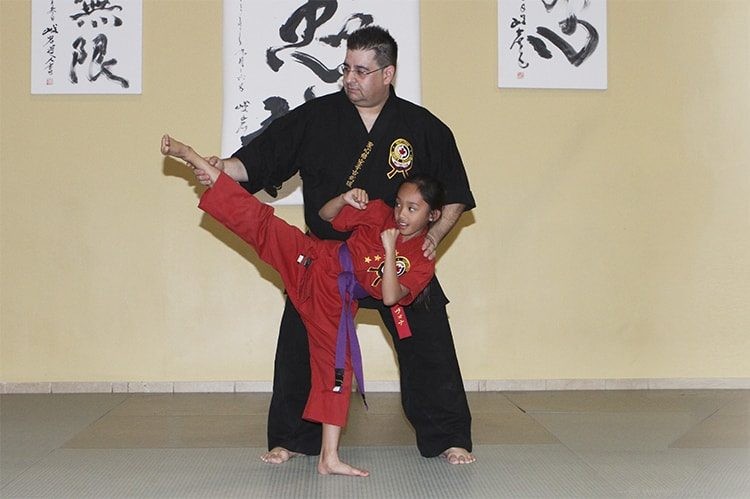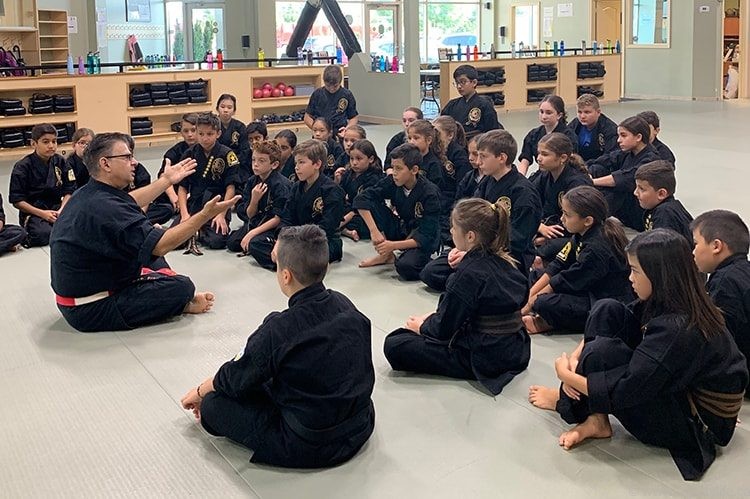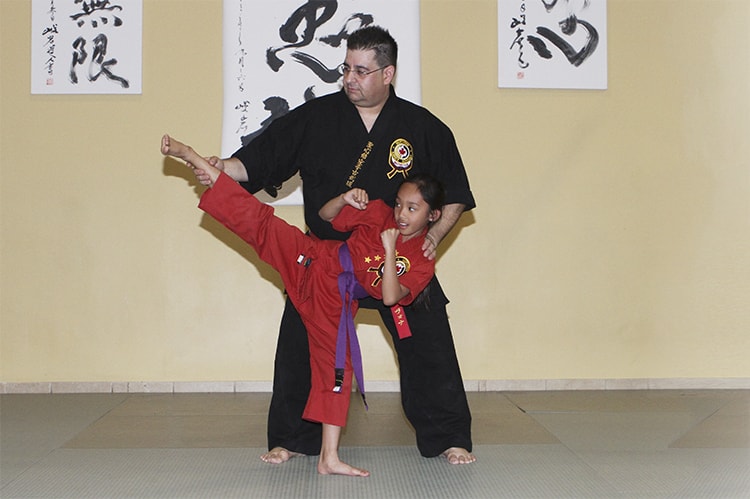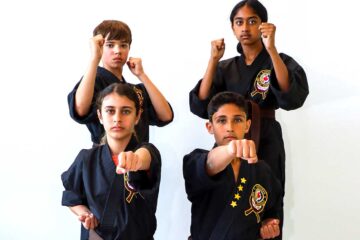Kyoshi Cos Vona On Using Karate As A Means For Change
With more than 40 years’ experience in a multitude of martial arts, the director of Rutherford’s Northern Karate School talks about training leaders and not followers, and why karate has become so important in the age of social media.
Described as a vehicle for self-discovery and positive change, Northern Karate Schools has been sharing its martial arts expertise since it was founded in 1972. Today, with 15 locations across the GTA, as well as several international schools, its students don’t just learn the art of karate, but also the self-respect, discipline and commitment needed to become better people.
For Kyoshi Cos Vona, director of Rutherford’s Northern Karate School, what makes martial arts so transformative is the fact that it’s so personal. “We give people the ability to transform themselves and push themselves out of their comfort zone,” he explains. “Part of martial arts is being comfortable when it’s not comfortable.”
For those just starting karate, Vona explains that the classes can be more physical in nature, but as time passes and your knowledge grows, it becomes more about mindset than anything else. “When you start karate, it’s 80 per cent physical, 20 per cent mental,” he continues. “As time goes on, that becomes 80 per cent mental, 20 per cent physical.” So, as well as teaching the fundamental techniques of karate, Northern Karate Schools prides itself on teaching other fundamental qualities. “Everybody talks about discipline and respect, but it’s about having self-discipline and self-respect first. If you don’t respect yourself, it’s very difficult to respect others,” says Vona.
“Everybody Talks About Discipline And Respect, But It’s About Having Self-discipline And Self-respect First”
Especially in today’s plugged-in culture, where social media and online influence have taken hold, those qualities are invaluable, and Vona is keen to introduce them to his sessions. “With social media, anybody today can make a comment or critique, so it’s more important than ever to have those qualities,” he says. “I just finished a camp with some of our younger black belts and brown belts, and we discussed that. People make a lot of noise, and normally it’s because they’re tearing you down, not building you up. I try to help them understand that it’s seven times down, eight times up. You have to get back up and keep going.”
As a result, it comes as no surprise that those who take part in the classes find themselves becoming leaders rather than followers, and they are able to stand for the morals in which they believe. “You don’t want to become a follower and end up in the wrong place because you don’t have the personal strength or courage to break away, even if you know it’s wrong,” Vona explains. “That’s how kids get themselves in trouble.”
For those who want to get into karate, but are unsure whether or not to make the commitment, Vona says it’s a case of just going for it. “There are all these obstacles you can put in the way, but eventually you have to take the plunge. The first and hardest thing you have to do is walk through the door.”
For school locations, visit www.northernkarate.com

















































































